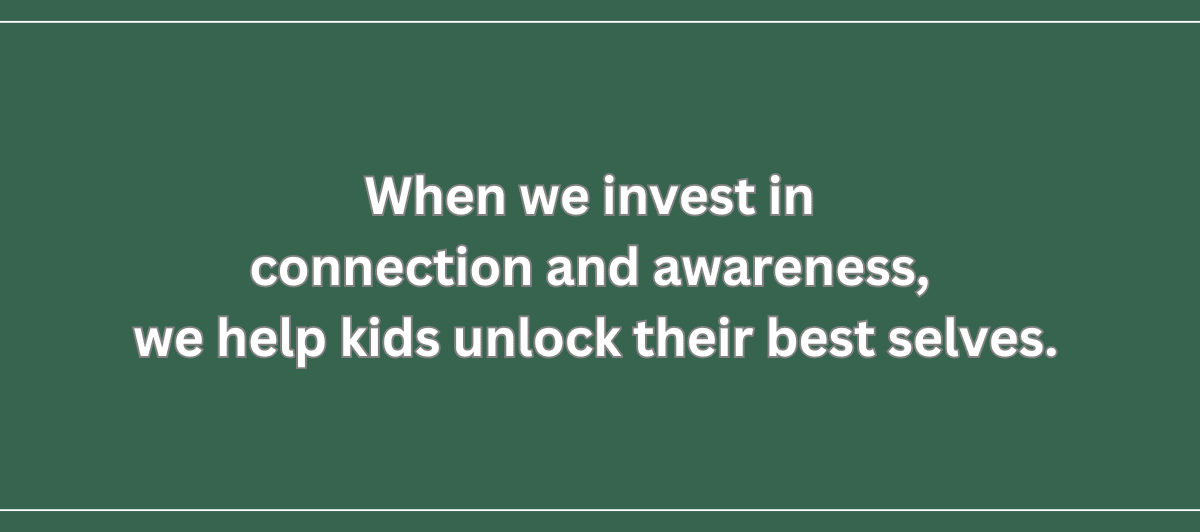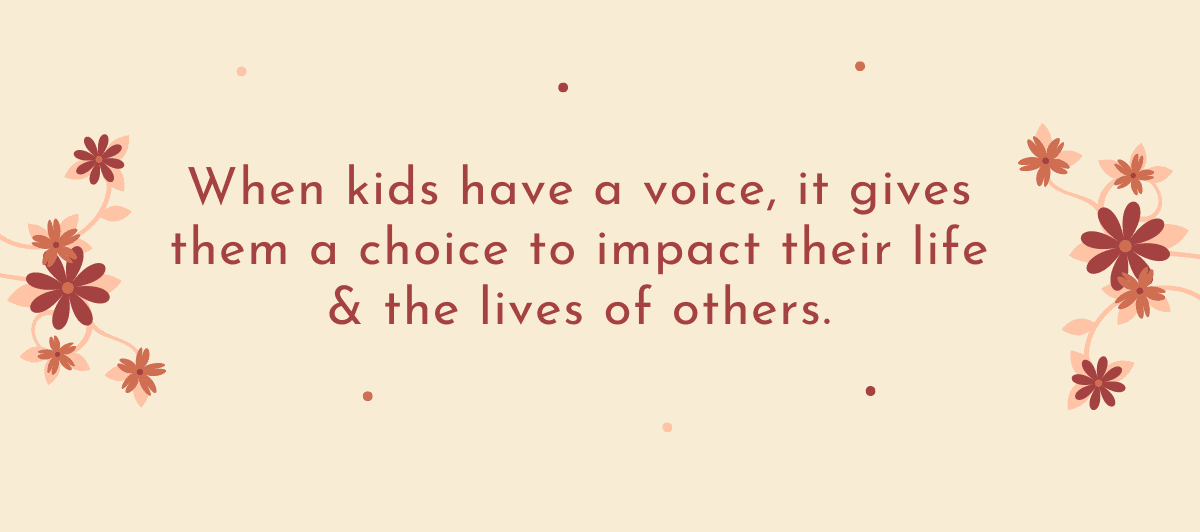
How Connection and Awareness Help Kids Thrive
As parents and those who support kids, we all want to see them thrive—not just in school, but in life. Sure, teaching curriculum and life skills is important, but what really helps kids thrive is connection and awareness.
Connection builds trust, and awareness helps you see the world through a child’s eyes—their interests, emotions, and the way they learn. When you pay attention to what excites them, what challenges them, and what makes learning click for them, you not only unlock their potential, but you also create a space where they feel truly valued.
Take my son, for example. He struggled with math until he started working with a tutor who really ‘gets him.’ The tutor connects through my son’s love for sports, using hockey and baseball to explain math, which makes it a lot more engaging. The result? A huge boost in his confidence and grades.
This is what I know: When we take the time to recognize and nurture what makes each child unique, we’re not just supporting their education—we’re helping kids thrive by creating a space where they feel valued.
Until next time,




